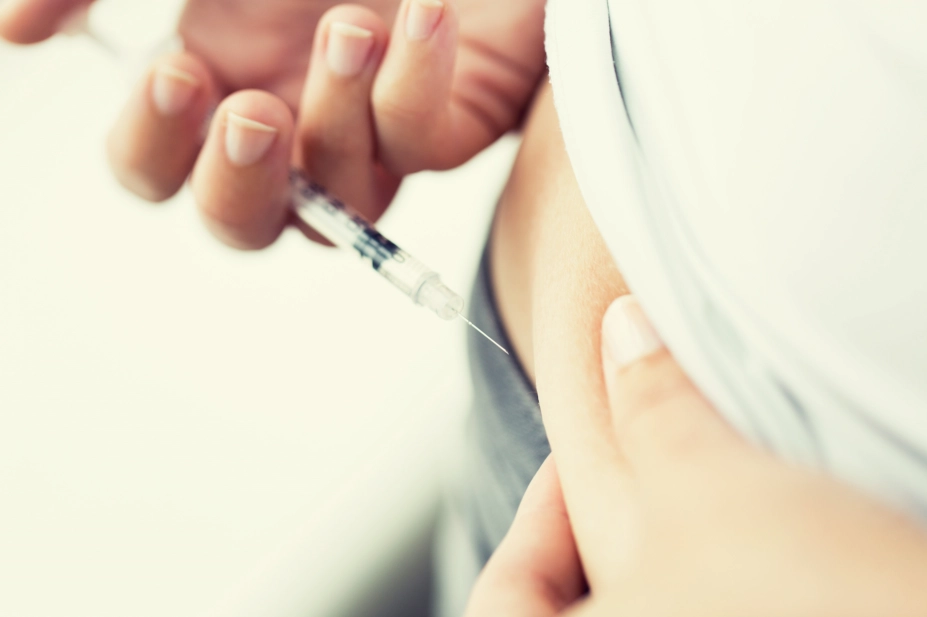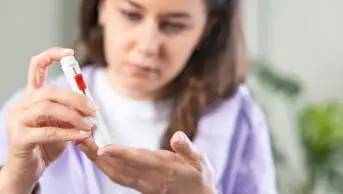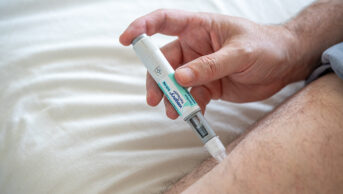
Shutterstock.com
Black, Asian and minority ethnic (BAME) people receive poorer diabetes treatment compared to white people, research from the University of Surrey has revealed.
The study, published in the journal PLOS Medicine
on 7 October 2019, identified an inequality of care for people with type 2 diabetes mellitus (T2DM) from an ethnic minority as well as people from a socio-economically disadvantaged background.
The study, which involved a five-year analysis of data from nearly 50,000 patients across 164 UK general practices, showed that patients from ethnic minorities were less likely to be prescribed newer medicine for T2DM, such as SGLT-2 inhibitors and GLP-1 agonists, and were given less adequate monitoring of their condition compared to white patients with T2DM.
Black people were 50% less likely than white people to be prescribed newer medication, while Asian people were 15% less likely than white people to be prescribed insulin and 50% less likely to be prescribed GLP-1 agonists.
The researchers also found that those from South Asian and black ethnic minority groups were twice as likely to have T2DM compared with people from white or other ethnic groups (15.2% versus 8.0%, respectively).
Researchers found that black people were less likely to be undertaking continuous monitoring of glycaemic control. The recording of retinal screening was lower in all ethnic minority groups and in those from disadvantaged backgrounds compared to white people.
Lead author Martin Whyte, clinical senior lecturer in metabolic medicine at the University of Surrey, said diagnosis rates for T2DM were rising and that it was important all patients received the same high levels of care. “If they don’t, avoidable medical complications occur that are not only distressing for patients but increase pressures on an already stretched NHS,” he said.


